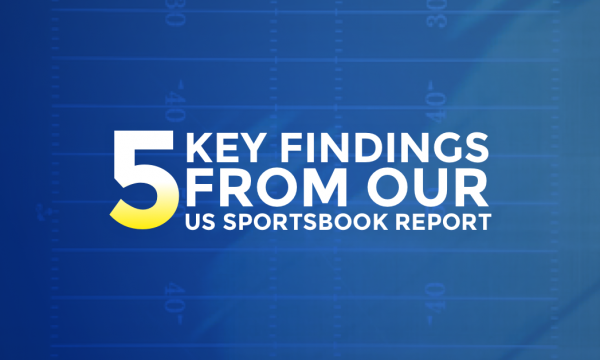
Facebook announced a raft of changes to its mobile news feed algorithm yesterday, with the core objective of weeding out low quality content and providing users with more quality, relevant content that you will want to engage with.
Facebook says that the changes are about making sure that users get the best possible content about what is happening around them. It points to the fact that referral traffic from Facebook to news sites has increased three-fold in the past year as evidence that users want to read, and have their say, on news content that matters to them. That puts it at loggerheads with Twitter and LinkedIn in the battle to be the leading social network for news content.
For Facebook, it is all about encouraging users to take part in the debate. When a story breaks, people have opinions to share. As your friends read and interact with a story, it’s highly likely that you’re going to see that story appear in your news feed.
But what does it mean for users and, more importantly, for brands? Is this a game changer or is it merely one of many subtle changes for the social network?
Fewer cats
The headline story in this update is an apparent attack on “meme” photos. The official line from Facebook is that they will be “doing a better job of distinguishing between a high quality article on a website versus a meme photo hosted somewhere other than Facebook”.
That means that, in theory at least, you’re going to see less photos of cats that can’t spell or unverified claims about the abilities of Chuck Norris.
That doesn’t mean that memes will be gone completely. Facebook is keen to stress that the changes are designed to reflect emerging trends and, if that includes a brand new meme, then Facebook will acknowledge that.
Older posts becoming more prominent
Facebook has confirmed that this latest change will also include an update to the way that the news feed ‘bumps’ stories. The site argues that after people read a story, they’re unlikely to go back and find that story to see what their friends have said about it. To address this, people are likely to see old news reappear in their news feed, as their friends comment on it.
It means that suddenly, there is a greater emphasis on the longevity of a story. Good stories will be rewarded by prolonged exposure but for brands, it also throws up additional challenges from a crisis management perspective. If you’re the subject of a social media backlash, it is going to take much longer for people to forget about it and your story isn’t going to simply ‘fall off the bottom’ of the news feed if you don’t respond.
Suggested articles feature leading to more ‘newsjacking’
The latest update will also result in Facebook recommending other news content that it thinks may be relevant to you, based largely on what you have already read. For brands, this creates a very real opportunity to benefit from ‘newsjacking’ – where brands inject their own take or their own ideas on a breaking news story.
Some brands are already very strong at this. When Wayne Rooney revealed that he was “angry and confused” about his situation at Manchester United this summer, it spawned a series of articles speculating on the many other things that may or may not confuse the England striker.
Those brands that can put themselves in a position to be a part of the debate, and put their own take on the key trends, are the ones that stand to benefit from this update.
A stronger focus on original and meaningful created content
We’ve heard this one before, but it continues to ring true. Regurgitating news, offering little to the debate and generally making a token effort in content creation is not going to get you on the prime digital real estate that is a mobile phone screen.
The focus for brands here will also be on developing content that encourages active engagement, debate and interest, rather than posting banal content designed purely to generate passive engagement, such as the classic ‘do you prefer your toilet paper over or under?’ debate.
Producing something that is unoriginal, uninspiring and purposeless is not going to earn you the attention of your audience.
Want to learn more about our approach to social media? Get in touch and ask about our award-winning social campaigns.


